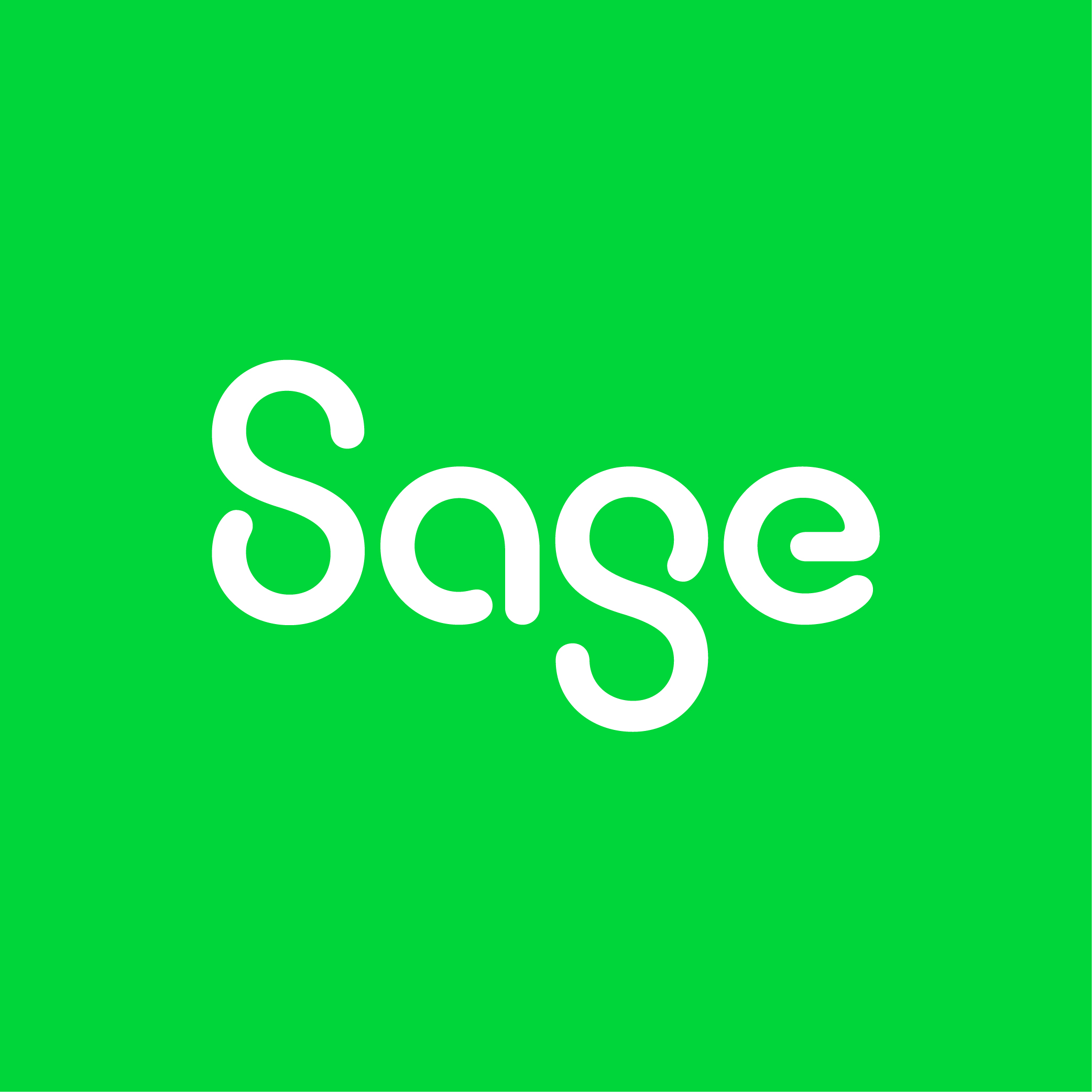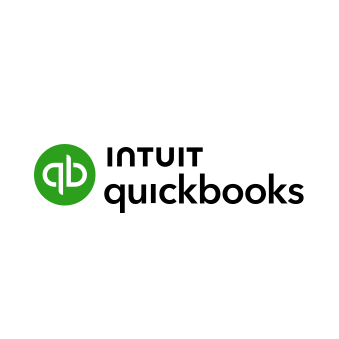
Sage 50
![]()
![]()
![]()
![]()
4/5 stars
Previously known as Peachtree, Sage 50 has evolved into a full-featured accounting platform.
Pros
- Strong inventory and job features
- Large library of customizable reports
- Desktop stability with optional cloud capabilities
- Advanced user access controls and built-in security
Cons
- Not fully cloud-based, with limited mobile and remote usability
- Higher cost than many cloud-first competitors
- Steeper learning curve for non-accountants
The Bottom Line
If you’ve got more complex small business needs, this is a great option for balancing rich features without needing to get into enterprise-level software.
This page may contain affiliate links. Our assessments are grounded solely in the product’s merits and performance.
Plans & Pricing
Pro
$66.08/month
- 1 user
- Invoice and bill tracking
- Purchase order and approval
- Expense management
- Automated bank reconciliation
- Inventory management
Premium
$114.33/month
- 1-5 users (additional cost for each user)
- Everything in Pro, plus:
- Multiple companies
- Purchase orders and change orders
- Advanced reporting and budgeting tools
- Industry-specific functionality
Quantum
$198.42/month
- 1-40 users (additional cost for each user)
- Everything in Premium, plus:
- Role-based user permissions
- Workflow management
You can also add on a hosted option to any plan for an additional cost to enjoy the flexibility of accessing your accounting software from anywhere.
Continue on Sage website
Pricing information is retrieved from publicly accessible pricing materials. The actual cost may vary based on specific plans chosen. Always check directly with the seller for the final quote.
Pricing information last updated January 23, 2025.
Product Review
Sage 50 is best described as a robust mid-tier accounting solution that sits between simple cloud-based apps and heavy enterprise platforms. Its desktop-first design ensures strong performance, detailed reporting, and advanced features like inventory tracking and job costing that cloud competitors often lack. However, this power comes at a price: the interface feels dated compared to modern SaaS options, and using it effectively requires a stronger accounting background than more beginner-friendly tools like FreshBooks.
While Sage offers some cloud-connected features such as backups, invoicing, and integrations, it is not a fully cloud-native solution. This can limit flexibility for remote teams or business owners who rely on mobile devices. Still, for companies that value detailed financial management and control, Sage 50 remains one of the most powerful options in its class.
Here are some more of its key features:
- Desktop plus cloud integration: Runs locally on Windows with optional cloud backups, remote access add-ons, and Microsoft 365 connectivity.
- Financial management: Includes invoicing, billing, expense tracking, cash flow management, and bank reconciliation.
- Inventory and job costing: Supports serialized items, multiple costing methods, assemblies, and project-based tracking for labor and expenses.
- Reporting: Offers more than 150 customizable reports, including specialized options for industries like construction and manufacturing.
- Security and permissions: Built-in fraud protection and role-based access controls.
- Add-ons and integrations: Payroll is available as a paid add-on, with integrations to Stripe, Paya, Fortis, and others.
Best For: SMBs with Complex Accounting Requirements
Companies that manage detailed inventories, run project-based operations, or require deep reporting will benefit most. Manufacturers, contractors, and distributors often find Sage 50 to be a strong match, as do established small businesses with in-house or outsourced accountants who are comfortable with a more traditional desktop environment. Businesses that place a high value on data security and user permissions will also find reassurance in Sage 50’s built-in fraud protection and role-based controls.
However, Sage 50 is not ideal for everyone. Solo founders, freelancers, or startups that prioritize mobility, affordability, or ease of use may find QuickBooks, Zoho Books, or FreshBooks better suited to their needs. Remote-first teams in particular may find Sage 50 restrictive since it lacks the seamless accessibility of cloud-native tools. For startups that need a low-cost, intuitive solution with minimal setup, Sage 50’s pricing and complexity may be more of a burden than a benefit.
Sage 50 Accounting is a powerful system that delivers serious accounting functionality, particularly in areas like inventory and job costing, but its desktop-first setup and older design make it best for businesses with more advanced needs and accounting expertise. For startups or small businesses that fall into this category, Sage 50 can provide a strong foundation for growth. For everyone else, especially lean or mobile-focused teams, exploring modern cloud-based alternatives may be the better path forward.

Sage 50
![]()
![]()
![]()
![]()
If you’ve got more complex small business needs, this is a great option for balancing rich features without needing to get into enterprise-level software.
Pro
For solopreneurs, entrepreneurs, and small businesses
Premium
Advanced accounting for small businesses
Continue on Sage website
Quantum
The full Sage 50 experience, including industry-specific functionality
Similar Products

Kick
![]()
![]()
![]()
![]()
Kick is best for startups and entrepreneurs looking for an affordable, AI-driven bookkeeping solution to minimize manual effort.

Intuit QuickBooks Online
![]()
![]()
![]()
![]()
![]()
Despite being more expensive than its competitors, Quickbooks Online is still the standard accounting software for small businesses for good reasons.

